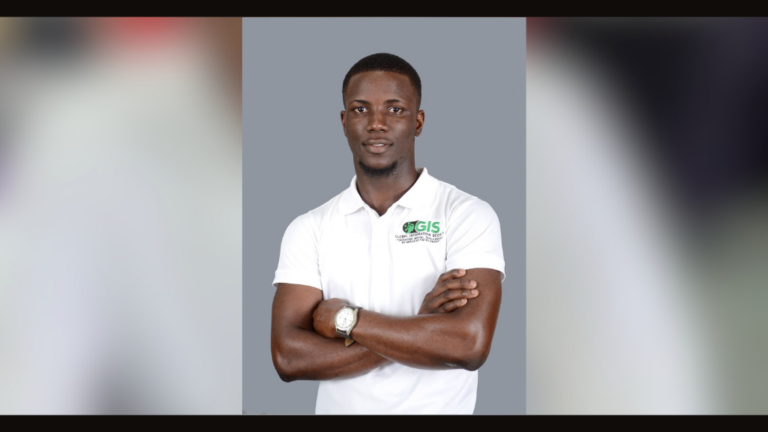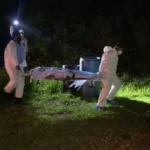In the heart of Jamaica’s countryside, where rolling hills meet overlooked conversations, a silent revolution is taking root—not through public funding or national campaigns, but through the quiet defiance of a young man who refuses to accept mental health neglect as normal.
Nowell Lewin Jr., a 23-year-old law student and farmer, is planting more than crops these days. As the founder of the Global Integration Society, he is cultivating something far more urgent: a cultural shift in how Jamaicans—especially the youth—talk about mental health.
Breaking the Silence, Not Just the Stigma
While the nation continues to battle economic hardships, crime, and educational inequities, Lewin is battling something more insidious: silence. He leads a grassroots charge to bring mental health into everyday conversations—peer-to-peer, screen-to-screen, heart-to-heart. Not in therapists’ offices, but on Instagram lives, WhatsApp groups, and face-to-face school discussions.
“Half the battle is getting people to admit they’re struggling,” Lewin explains. “The other half is convincing them it’s okay to do so.”
The Global Integration Society is not a government-backed institution. It’s not even a staffed clinic. It’s five committed young minds, a few smartphones, and an unwavering sense of duty. Through awareness drives, digital campaigns, and peer engagement, they’ve quietly become a lifeline for many young Jamaicans afraid to speak out.
An Alternative to Indifference
Lewin recalls moments when overwhelmed youths would message the group anonymously—some with tears, others with suicidal thoughts. While they are not licensed to offer therapy, the team plays triage: listening, responding, and routing people to trusted mental health professionals.
The current system, he says, fails at the point of first contact. “Our schools have overworked counsellors, parents who dismiss emotional struggles as teenage rebellion, and a culture that praises endurance while punishing vulnerability.”
Cultural Re-education Begins at Home
Lewin is pushing for systemic interventions: mental health training for teachers, parental sensitization programs, and peer-support certification for high school students.
“In Jamaica, parents think that because you’re fed and in uniform, you have nothing to be stressed about,” Lewin states plainly. “But anxiety, trauma, and depression don’t care about your lunch money.”
This mindset, he believes, leads many youth—especially boys—into repression rather than resolution. In a country where mental illness is still often caricatured or feared, Lewin insists that rebranding care as strength is essential.
A Catalyst Born in Crisis
His inspiration wasn’t clinical—it was personal. After attending a UN youth event in New York in early 2020, Lewin returned home just in time for the pandemic lockdown. Secluded and overwhelmed by law studies, he confronted his own emotional spirals. “It was a time when the world paused, and I heard my own mind for the first time. What I felt wasn’t weakness—it was a wake-up call.”
The realization that others were silently enduring the same pressures ignited the idea for a society that does what the system won’t—listen, without judgment.
The Vision: A Nation That Checks In Before It Checks Out
With a modest team, Lewin envisions a Jamaica where mental health is approached with empathy and urgency, not ridicule or neglect. He hopes to open a physical centre, build training modules for peer responders, and integrate emotional wellness into the school curriculum.
But for now, they keep showing up—digitally and emotionally.
“We can’t save everyone,” Lewin admits, “but we can be the reason someone feels seen.”
Final Word:
In a society where strength is too often confused with silence, The Global Integration Society is a timely rebellion. Lewin isn’t waiting for permission. He’s started the conversation—and he won’t stop until it echoes in every home, school, and heart.






